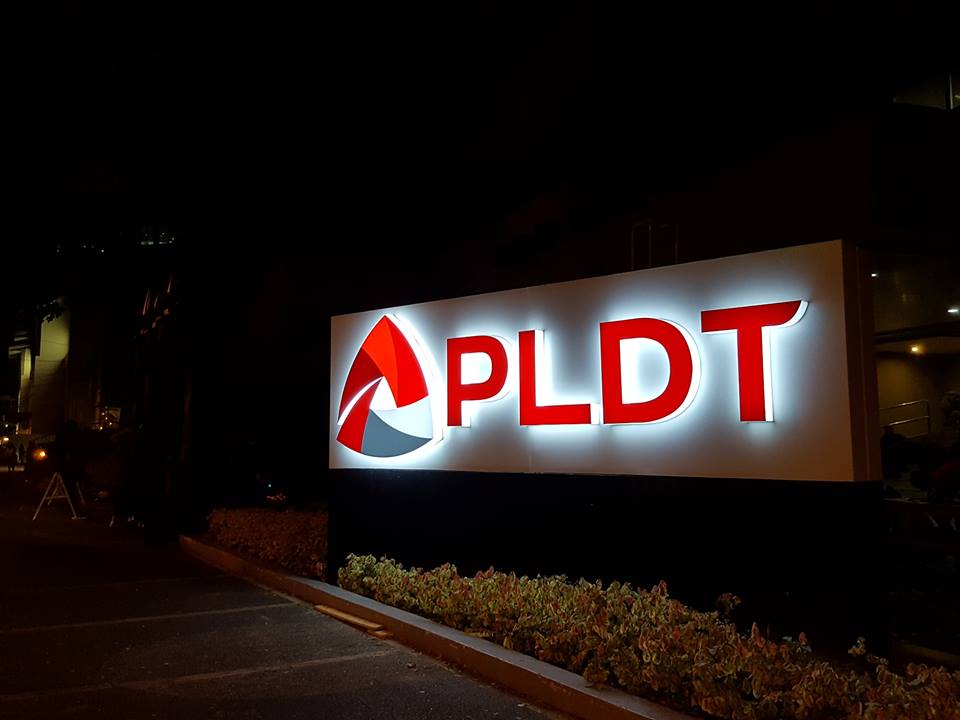
MANILA – To help the Philippines and its telecommunications infrastructure reach parity with neighboring countries such as Vietnam and Thailand, a PLDT executive said on Wednesday the company is investing PHP73 billion in improving its network infrastructure and coverage, with plans to invest even more next year.
In a statement, Alfredo Panlilio, PLDT chief revenue officer, said the company and its wireless subsidiary Smart will continue to rollout out fiber, LTE, and 5G, noting that PLDT and Smart’s average download and upload speeds are higher than the country’s average.
“We continue to improve our services, and we are not standing pat. We are not yet happy. If we can be at parity with countries like Vietnam and Thailand, that is the benchmark that PLDT and Smart are aiming for. We know that we can still get better for the benefit of our customers,” Panlilio said.
To elevate Smart to global standards, he said the company is aiming for minimum average broadband speeds of at least 30 megabits per second (Mbps) in Metro Manila and some other key cities by 2021 through its LTE network.
By 2025, he said they are aiming for 84 percent of the population to have an average mobile data speed of 60 Mbps.
PLDT with its wired broadband service, he said, targets an average of 20 Mbps aside from its planned migration of legacy DSL copper line subscribers to fiber and “fiber-like services.”
PLDT has rolled out close to 100,000 kilometers of fiber lines for this year alone, noting that all four broadband players in the country rolled out a total of 144,727 kilometers for this year, according to the National Telecommunications Commission (NTC).
In total, PLDT said its fiber infrastructure now spans more than 422,000 kms and supports Smart’s 4G, 3G, and 2G networks.
“As of November, Smart has also increased the number of its LTE and 3G base stations to over 58,000, increasing the number of LTE base stations by 20 percent compared to end-2019. Smart has also rolled out additional 5G sites as it accelerates its 5G commercial services nationwide,” PLDT-Smart said.
To date, it said Smart’s mobile network covers 96 percent of the population and is present in 95 percent of cities and municipalities in the country.